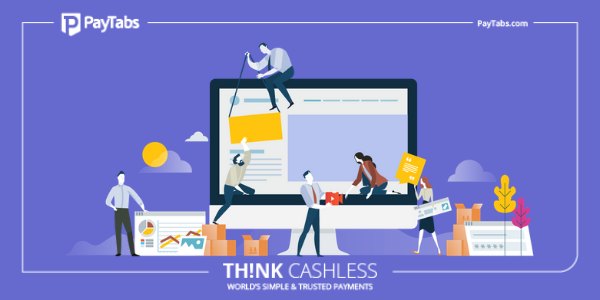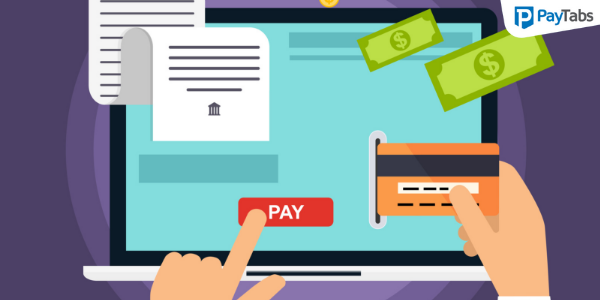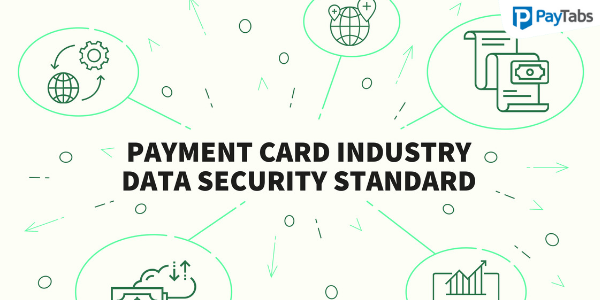How to setup your e-commerce store using Payshop

We are all aware that e-stores are more than just an add-on in today’s world. They are now a necessity. E-stores are fast becoming the preferred choice for buyers to make purchases. With their online presence, e-stores are easily searchable through most search engines, thus enabling the retailer to reach a wider customer base.
Here we present to you Payshop, a single-stop resource for all your e-retailing needs. Payshop gives you access to a multitude of templates, effective SEO tools, and everything else you need to run your e-commerce store.
While brick and mortar stores have limitations when it comes to timing, e-stores are available all the time. So buyers can make purchases at their leisure. Additionally, the detailed descriptions provided on e-stores make it easier for buyers to make purchase decisions quickly, while online payment platforms make the transactions much simpler.
Payshop, through Expandcart software, provides you with a volley of highly responsive and beautifully designed templates to start up an online store. Another one, Xcart software, is a type of PCI-DSS compliant software that gives you the freedom to operate flawlessly on your personal server. Xcart helps your e-store integrate seamlessly with the most popular payment gateways.
So, if you are a retailer without an e-store, Payshop can help you create one with ease.
Find templates
A good e-store requires a good template. The very first thing that a prospective buyer notices is how your e-store makes them feel. A template can tell a lot about a business and can help build trust and confidence in buyers. At Payshop, you are able to find pre-designed templates for your web-store. You can find the template that is the best possible fit for your business without the hassle of having someone create a template for you. The choices are all laid out, all you need to do is pick one and it’s yours.
SEO tools
It is common knowledge now that search engine optimization is vital for the growth of a business with an online presence. Where your store appears on a search engine, has a huge role to play in its growth and expansion. Payshop provides you with a myriad of SEO solutions to fit your business needs. Using these simple tools and effective strategies, you can help your business grow by leaps and bounds.
One-time licensing fee
Most e-commerce providers, which are supposedly ‘free’, charge you heavy hidden fees when it comes to transactions or a monthly subscription. With Payshop, you needn’t worry about being duped. Payshop charges you a one-time licensing fee with no hidden costs which will sneak up on you in the future. It’s a one-time investment for a lifetime of worry-free e-retailing.
Social media and marketing campaigns
In order to enable any e-store to be heard over the cacophony of loud online retailers trying to sell their wares, it is vital to create unique and strategic marketing and social media campaigns. Marketing for an e-retailing site must be aggressive if you are aiming to outrun the competition.
A business must aim to not only make its campaigns unique but also to be able to touch an emotional chord with its buyers. Payshop gives you the ability to design and run social media and marketing campaigns that will make the presence of your e-store known by the world.
Set up your e-shop with Payshop
People want to be able to do things quickly and with ease. E-retailing is now the major choice of buyers for making any kind of purchase. For the growth and survival of your business, creating and maintaining an e-store is a necessity. E-retailing enables you not only to maintain your older client base but also to grow and expand, and reach out to a whole new section of people. It allows your business to reach places way beyond what you could have ever imagined.
An online business needs to have an online payment gateway to operate. Payshop supports seamless integration of a payment gateway into your e-store. By creating an e-store using Payshop, you will be able to reach out to a worldwide audience.




